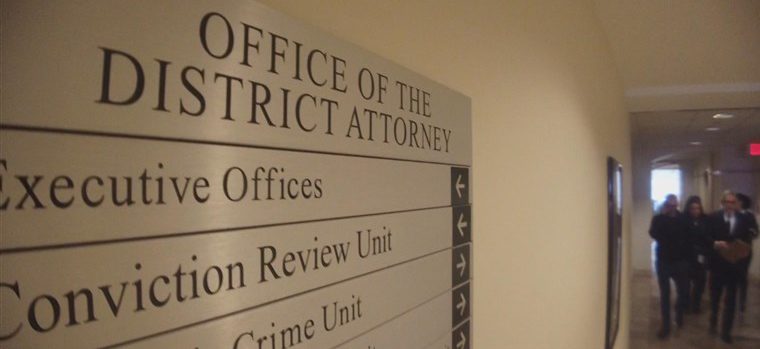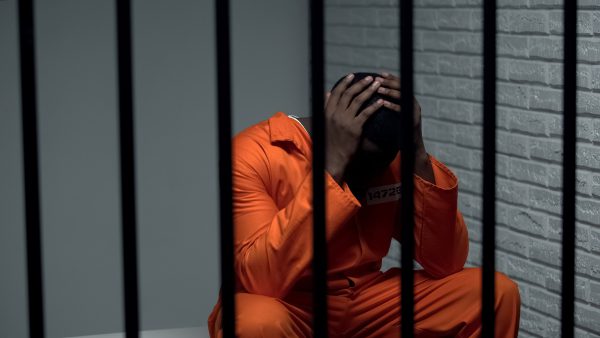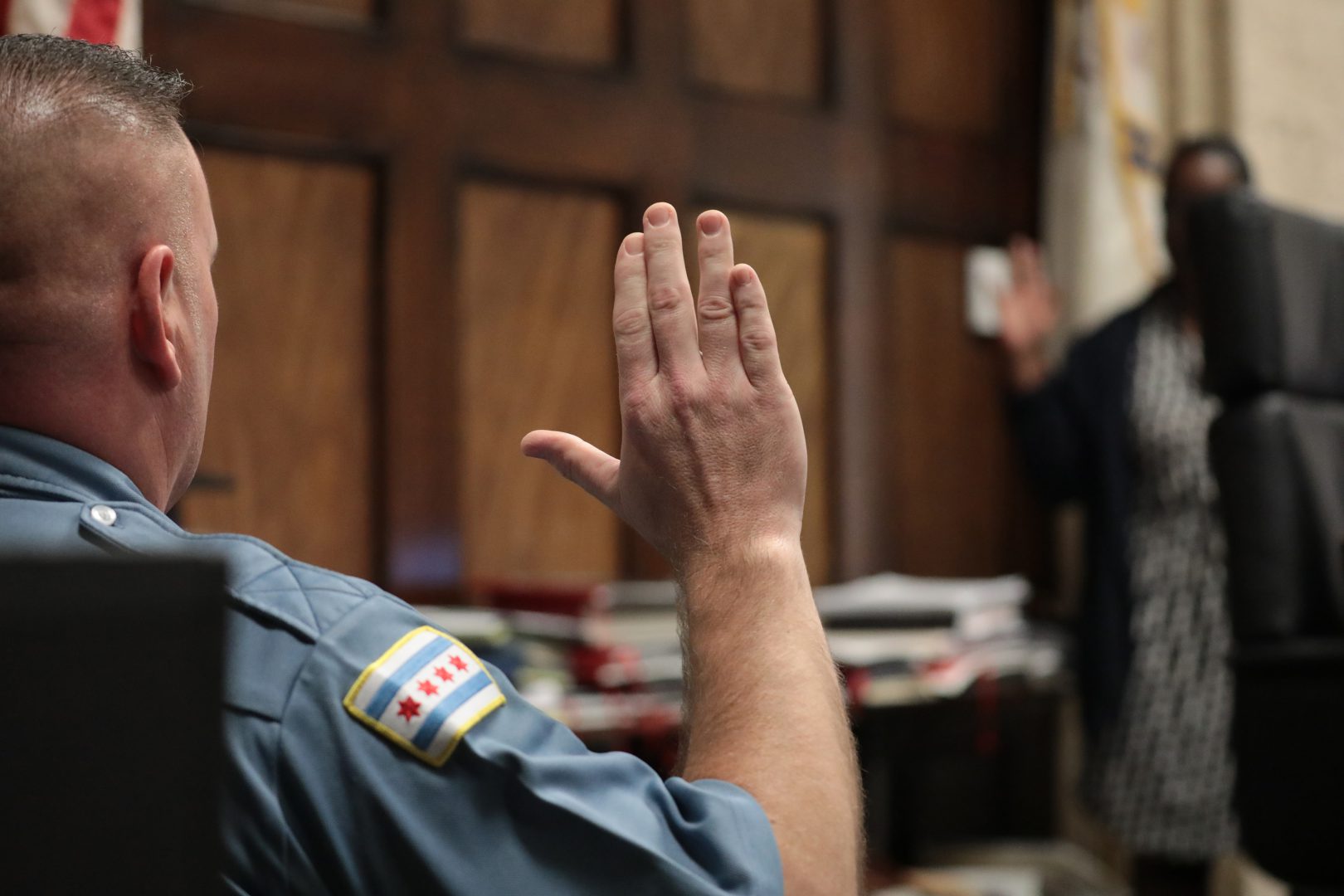Prosecutors’ dependence on police creates a conflict of interest that undermines their willingness and ability to prosecute police officers. As recent police-involved shooting cases starkly illuminate, prosecutors still hesitate or fail to act in these cases. Prosecutors and police are interdependent, meaning they rely on each other for information and access to do their jobs, and that creates enormous conflicts of interest that undermine prosecutors’ willingness to charge and prosecute police for misconduct and violence. The close relationship between prosecutors and police raises the question-who is policing the police? It certainly isn’t prosecutors. There are far too many examples of egregious police killings that were never prosecuted like that of Eric Garner, who was choked to death by an NYPD officer who was never prosecuted by the NY District Attorney’s office or Federal prosecutors.
Read more about this issue.
What’s at Stake
The numbers show there is virtually no accountability for police officers involved in cases of excessive force. Of the nearly 100 officers arrested since 2005 for fatal use of force, only 35 have been convicted of a crime, often charged with crimes substantially lower than comparable non-police involved murders. Many officers were acquitted by juries and judges, while only 3 were convicted for the crime of murder. Other cases have been dismissed by judges or prosecutors, or prosecutors have manipulated the grand jury process to a decision not to indict the officer.
Public confidence in the system is low. Communities of color have long since stopped trusting law enforcement in their neighborhoods. The harm and brutality that police have inflicted upon Black communities must be remedied. Prosecutors can start by ensuring that police violence is prosecuted every time it occurs, without exception. Excessive use of force by police can no longer be ignored due to conflict of interest or for political expediency.
What Needs to Change
Prosecutors must hold police officers accountable when they break the law. Prosecutors must find ways to become more independent from the police and decrease their reliance on police unions for political support, creating the necessary distance to minimize conflicts of interest when they are required to prosecute officers for misconduct and violence.
A working relationship between police and prosecutors does not override the need to hold police accountable for their actions. Many internal measures in prosecutor offices tracking instances of officer misconduct are haphazard at best, and intentionally negligent at worst. Prosecutor offices are frequently complicit in allowing police misconduct to go unaddressed, including failure to disclose evidence or cover-up instances of false testimony, which further undermines public confidence in local justice systems. Prosecutors must refuse to cover-up police dishonesty and prosecute excessive force cases.
How You Can Help
Prosecutors must pursue police officers and hold them accountable for crimes against the public. Prosecutors must not reward unconstitutional police behavior by relying on it to obtain convictions.



